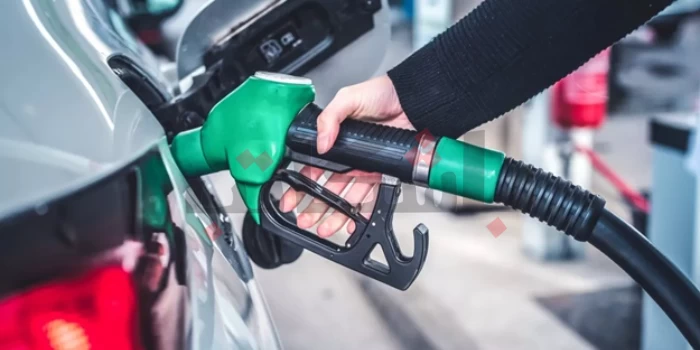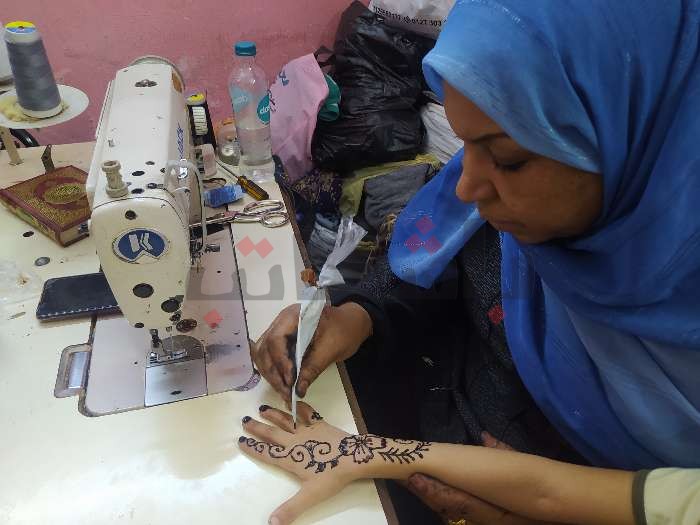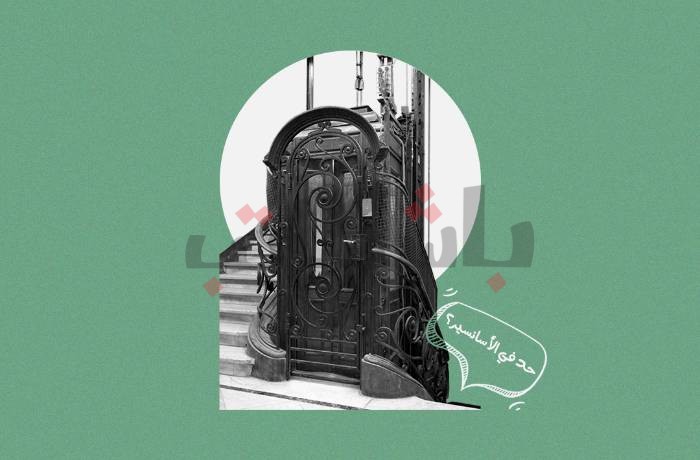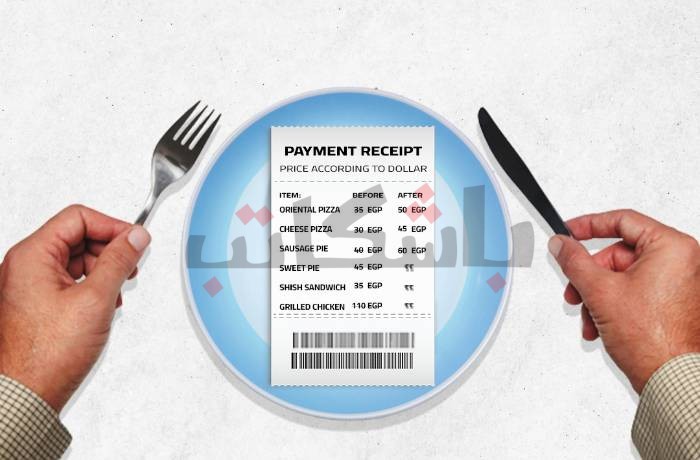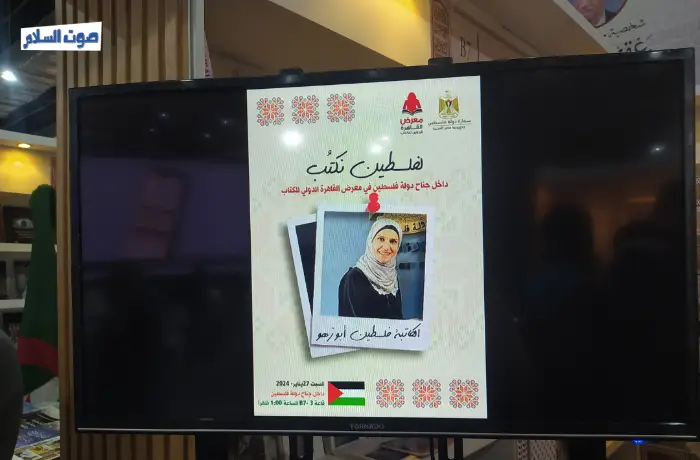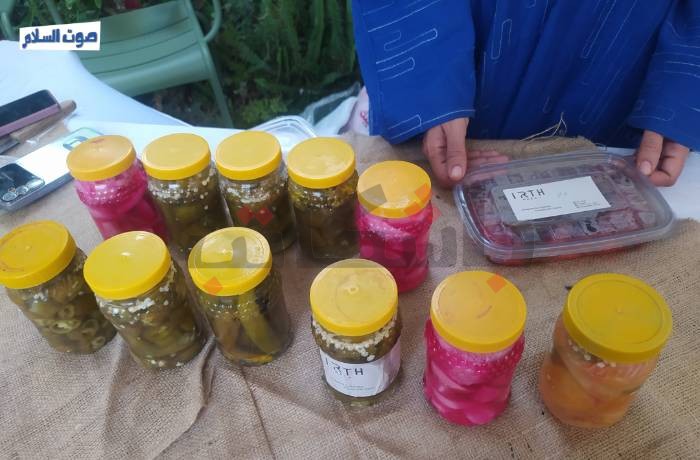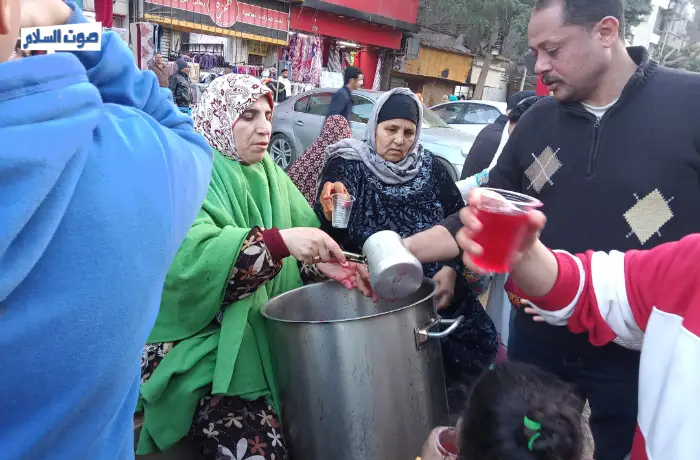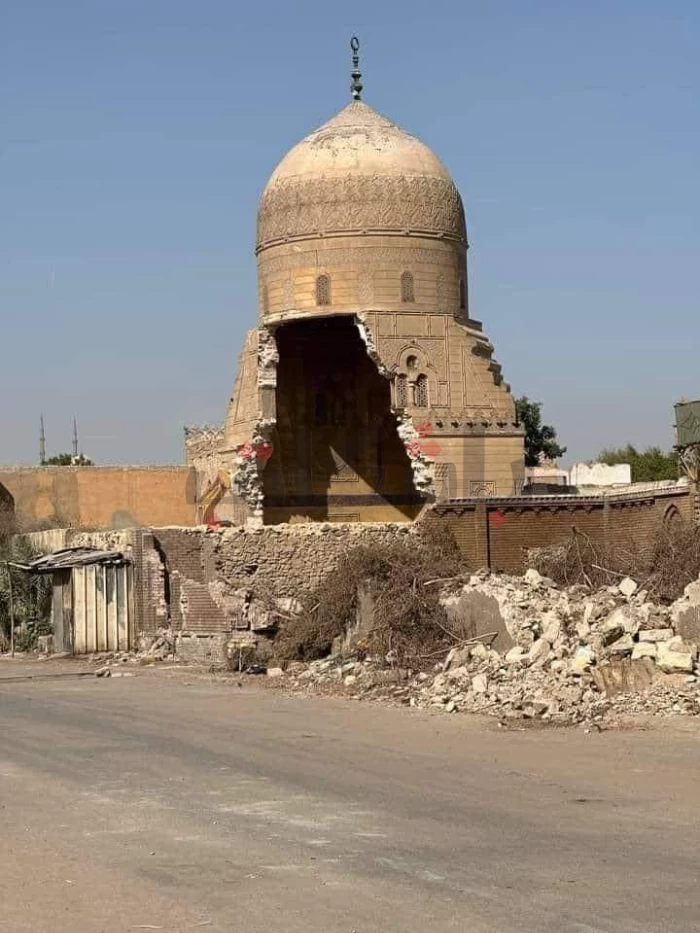Last Friday morning, while Mahmoud was working at a well-known gas station, his evening shift colleagues informed him that petroleum product prices had increased for the third time this year. Over the years, Friday night -a public holiday for most workers in Egypt- has become synonymous with rice hikes. Families and individuals go to bed, only to wake up to a new reality, sparking yet another search for alternatives to cope with the rising costs.
Last Friday morning, the Presidency of the Republic published on its official page a statement announcing that the Automatic Pricing Committee for Petroleum Products, following the Ministry of Petroleum, has decided “correcting petroleum products’ prices” - a euphemism for a price increase. The new prices are as follows: 95-octane gasoline has risen from 15 EGP to 17 EGP, 92-octane gasoline from 13.75 EGP to 15.25 EGP, 80-octane gasoline 12.25 EGP to 13.50 EGP, and diesel from 11.50 EGP to 13.50 EGP.
Mahmoud -a pseudonym requested to protect his identity- recalls the first car pulling in to refuel. The owner, visibly perplexed, exclaimed, “What do you mean? Hasn’t the price increased just a few months ago?” Mahmoud observed the man’s astonished expression, which turned into a mix of sarcasm and anger as he paid the new price. Notably, the customer omitted the customary tip, which is typically no more than five pounds.
Fuel Prices Up 5 EGP in a Year
At the Matba’a Microbus Station in Dar Al-Salam District, Cairo, Sout Al-Salam reported that the microbus drivers convened just hours after the decision’s implementation on Friday. They agreed to adjust fares by an additional half a pound for most trips to offset the rise in diesel prices.
For longer journeys, fares increase by 1 EGP: the microbus fare for Giza Square to Sayeda Zainab route rose from 5.5 EGP to 6 EGP. Maadi microbus fare went from 3.5 EGP to 4 EGP, and Mehwar - Baragil route fare increased from 8 EGP to 9 EGP.
It is worth noting that diesel prices have climbed steadily throughout the year. In 2023, the price of a liter of diesel rose to 8.25 EGP from 5 EGP and 25 piasters. By March 2024, it had reached 10 EGP, and by June, it stood at 11.50 EGP.
In a familiar scenario, microbus passengers were taken aback by a fare hike after boarding, including the 24-years-old Laila Mohamed. Upon entering the vehicle bound for Maadi, Cairo, the driver announced: “ladies and gentlemen, the fare is now 4 EGP.” Additionally, they soon discovered that the fare for the second leg of the journey had also risen, with the Saqr Quraish route microbus increasing from 4.5 EGP to 5 EGP.
Laila, who commutes via the Maadi microbus most days to her job at a telephone company in Saqr Quraish, Maadi, Cairo, now finds herself nearly half of her salary on transportation, despite opting for the economical microbus. “Half a pound may not seem much, but when it increases every few months, it adds up,” commented Laila.
Laila attempted to switch to public buses, which are priced similarly to microbuses. However, the long wait times at the stations cause significant delays, making her late for work.
How long must we keep cutting back?
Abdulhamid Mohamed, a microbus driver on Matba’a – Giza route, notes that a 1 EGP fare increase could impact short trip lines, potentially causing some routes to disappear, such as Matba’a – Malek Al-Saleh line, which was cancelled this year due to rising gasoline costs paired with low fares that customers are unwilling to increase.
Mohamed also observed that microbus owners are now driving their vehicles themselves rather than renting them out to other drivers, as the financial burden of paying another driver’s salary or daily wages has become untenable.
The fare hikes have also impacted passengers like 28-years-old Moataz Mahmoud, who used to call scooters from transportation applications for their speed, aligning with his job as a medical devices representative that requires constant travel. Though more expensive than microbuses and buses, scooters offer the necessary speed for his work demands.
Ultimately, Mahmoud opted to forgo using scooters in favor of microbuses and tuk-tuks, aiming to prevent his budget, which he adjusts nearly every two months, from being further strained by rising fuel prices. On his first Saturday morning trip by scooter from Misr Helwan Agriculture Rd to Qasr Al-Aini Hospital, the fare had soared from 30 EGP to 50 EGP – an increase of more than fifty percent.
Consequently, Mahmoud canceled his scooter trip and walked to Hadayeq El-Maadi Metro Station. He purchased a metro ticket for 8 EGP to Sayeda Zainab Station and then walked to Qasr Al-Aini Hospital, listening to Fayrouz songs in an effort to distract himself from the many non-luxury items he had already sacrificed throughout the year.
Similarly, Mostafa Sayed, an accountant and family head, abandoned tuk-tuks in favor of walking. This switch aimed to save the amount he typically spent on tuk-tuks for moving inside the Dar Al-Salam area to access other transportation. He couldn’t reduce his work transportation expenses or household budget.
Sayed’s primary concern now lies in the anticipated rise in basic commodity and transportation prices in the coming weeks.
The Last Hike for Another Six Months
During his visit to Minya Governorate on Saturday, Prime Minister Dr. Mostafa Madbouly made a televised statement addressing the recent fuel price hikes. He emphasized that he had closely monitored the public’s reactions to the increases announced on Thursday evening. Dr. Madbouly reiterated the significant burdens the state has shouldered due to the substantial rise in petroleum and fuel prices, which have been necessary to secure additional resources and prevent future electricity outages.
He further added that he has previously addressed this subject candidly, clarifying that “we are compelled to gradually increase fuel prices until the end of 2025”. This strategy, coordinated with the Minister of Petroleum and based on government studies aimed at controlling inflation, includes a commitment to no further price hikes for the next six months. This measure is intended to achieve stability and reduce inflation in the coming period.
The Prime Minister emphasized that the government is acutely aware of the impact of rising prices on citizens. He reiterated that no government desires to increase prices, but such measures are necessary within the framework of systematic studies and the recognition of the substantial financial burdens borne by the state. The government is committed to shouldering the majority of these burdens on behalf of the citizens.
He further stressed that this approach will remain unchanged as much as possible. The state will continue to support the poorer segments of the population, ensuring balance in electricity and other essential services that affect citizens’ lives. The needs of limited and middle-income groups will always be considered, and support will persist even after achieving financial equilibrium.
